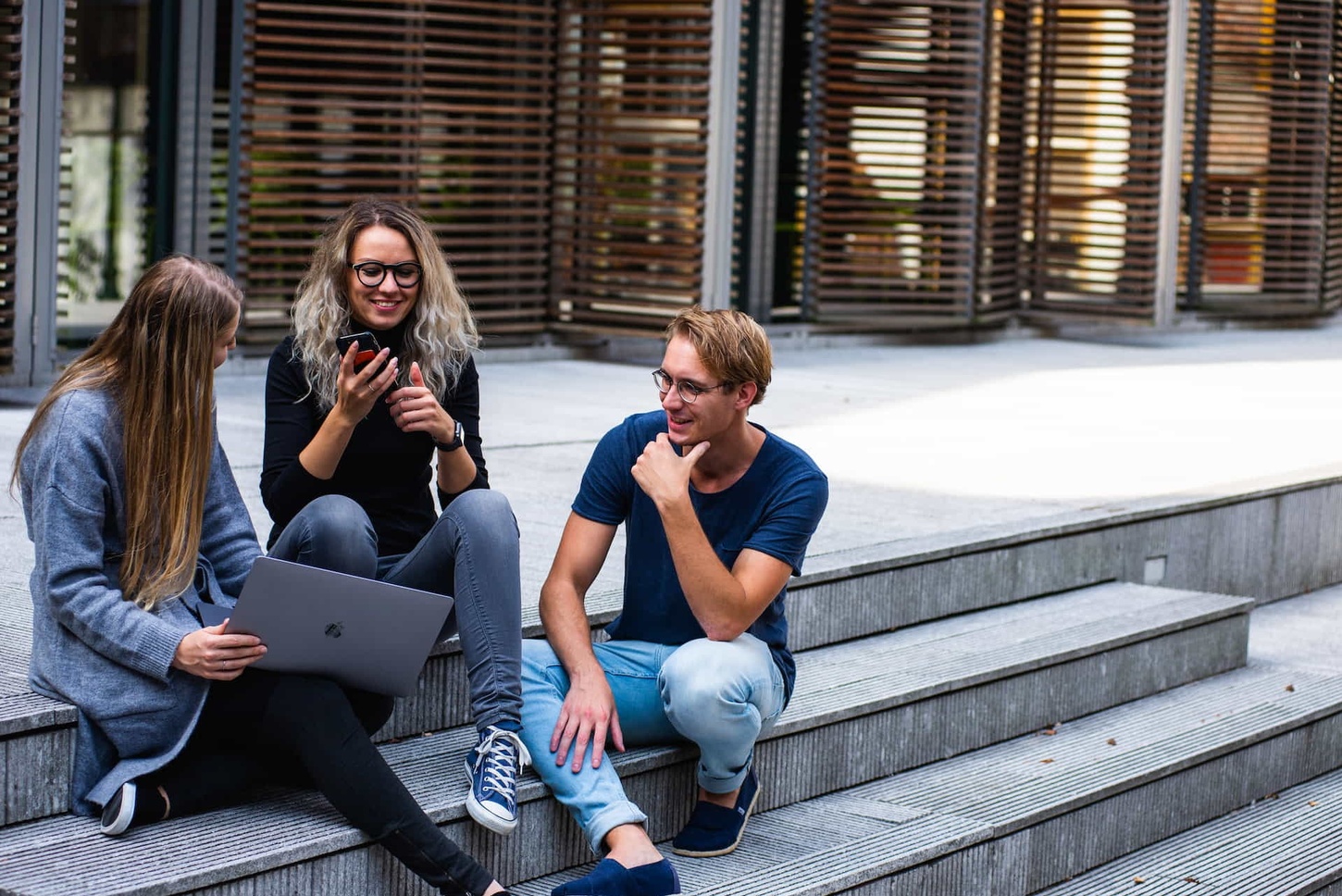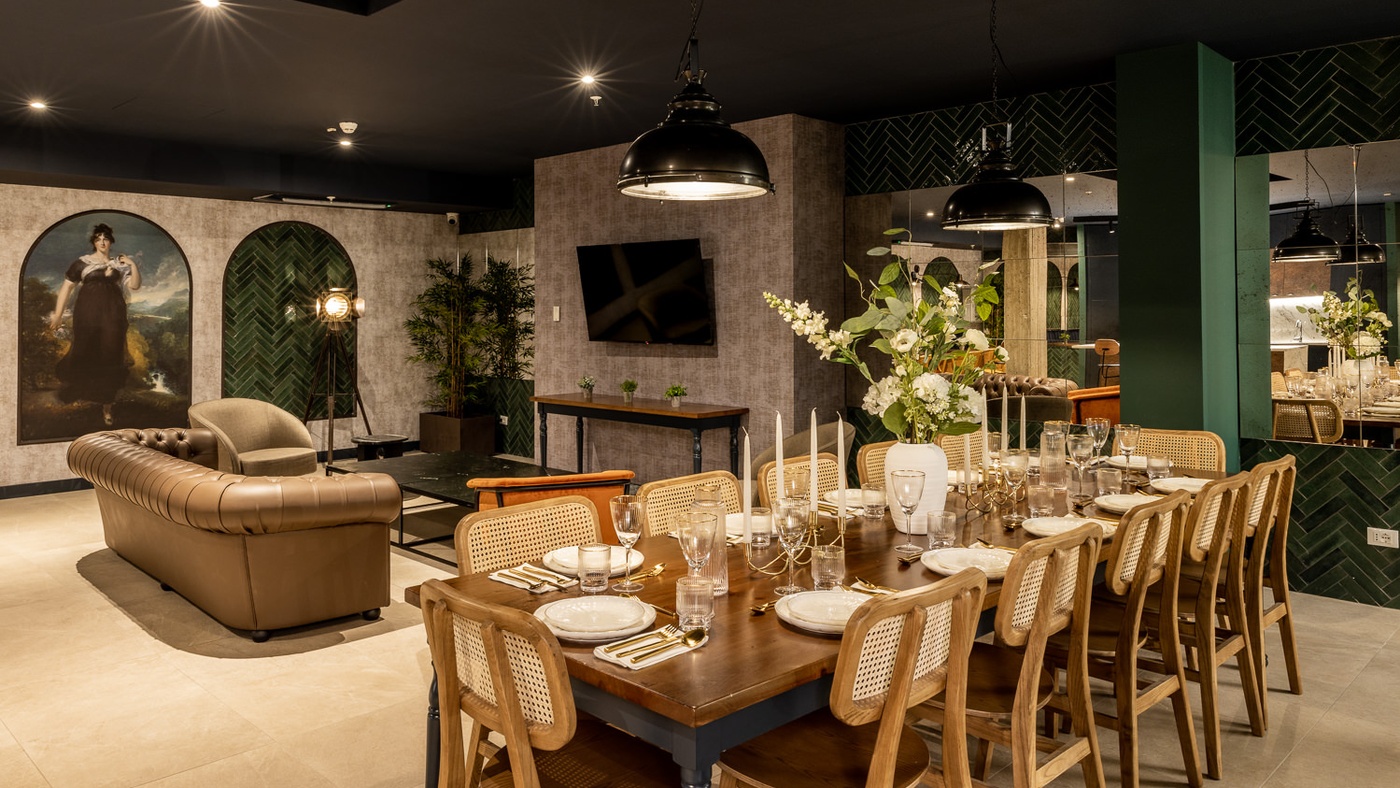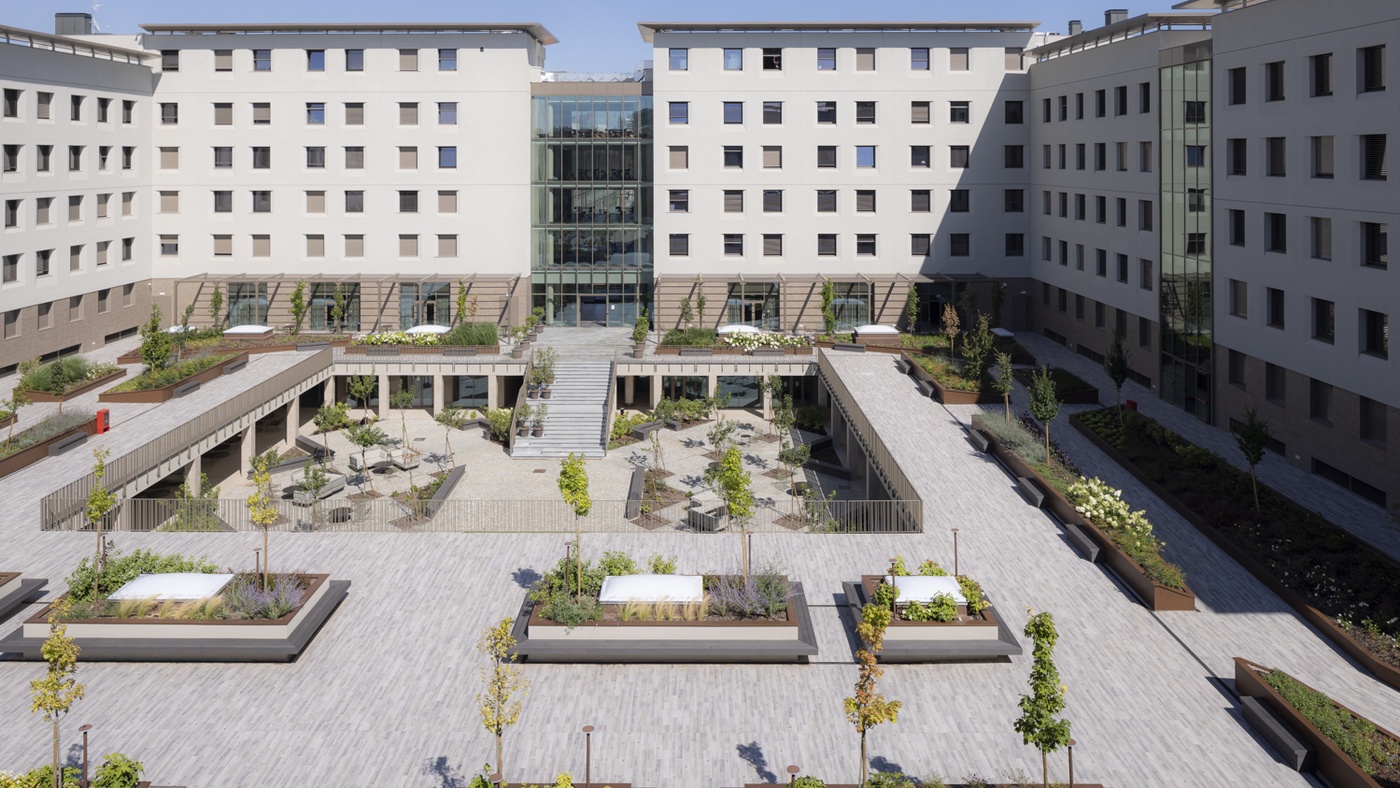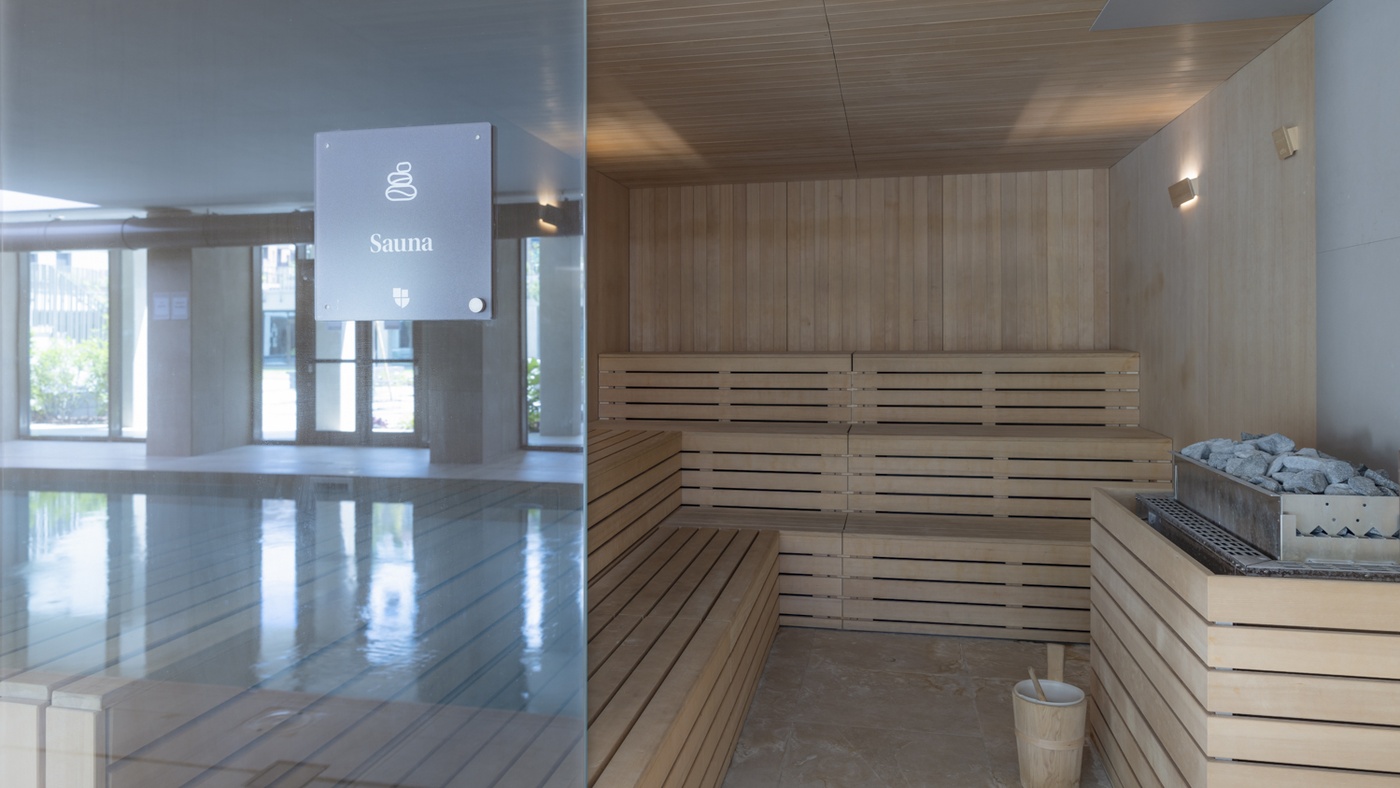The process of learning a new language is never easy, but while it is undoubtedly challenging, being bilingual is also incredibly rewarding and brings with it a whole host of benefits.
In an increasingly interconnected world, knowing a second language is becoming an ever more desirable quality and it’s something that can open up brilliant career opportunities, such as travel or working in a new country.
While you’re studying here in Milan, for example, you may want to learn Italian so that you can improve your confidence when it comes to communicating with local people and perhaps feel more comfortable in a new city.
So, if you’re wondering where to start when learning a language, then this guide is just what you need.
What are the benefits of learn a language?
There are many reasons for taking up a second language. It not only helps with your development in both a personal and professional setting but also gives you a greater understanding of other cultures.
Here we’ll explain why becoming multi-lingual can be so beneficial.
Learn a new language to boost your CV
Having multiple languages can open so many doors when it comes to choosing a career after university.
From the outset, by adding your language skills to your CV, you’ll stand out in a crowded and competitive application process and will show that employers that you’re someone who relishes taking on a challenge and is pro-active.
Being multi-lingual also means there are more opportunities to work abroad or travel as part of your job as you’ll of course have the ability to communicate with foreign colleagues or clients.
The personal benefits of being multi-lingual
Learning another language is not just a tool for the professional world. It also has an array of personal benefits.
Particularly, while studying here in Milan, communicating in another language can help build your friendship group beyond those who speak your native language.
This can also help you to build up your self-esteem as, not only have you proved to yourself you can master a difficult skill but being able to make new friends who don’t speak your first language can boost your confidence in a social setting.
Understanding new cultures
Learning another language can provide you with so many invaluable opportunities for cultural enrichment.
While learning a new language, many people naturally develop an interest in the culture of the nation whose language they’re studying.
Learning about another culture becomes a far more immersive experience once you understand the language, as you can begin to appreciate the linguistic nuances and dialectal phrases that emanate from a particular country or region.
Once you’re multi-lingual or bilingual, you’ll also be able to enjoy watching foreign films without the need for subtitles and you can sing along to the songs in the films, instead of making up the words!
What are the methods for learn a language?
Some people take to learning a new language with consummate ease but for many of us, the process can be a little more difficult. Luckily, no matter how challenging you find it, there are plenty of handy tools you can use while learning a second language.
From practicing with native speakers to simply using a dictionary, this section will provide you with all the top tips you need to set you on your way to becoming a fluent multi-lingual.
Use your dictionary to learn a language
It may not sound like the most exciting of tools, but a dictionary is truly indispensable and the perfect way to get to grips with vocabulary as it will guide you on the spelling and pronunciation of a particular word, as well as any grammatical rules.
It’s important to note that you shouldn’t just resort to a dictionary for every new word you come across as you’ll quickly lose stamina and the enjoyment for learning the language. Instead, if you see or hear a word that you’re unsure of, by the end of the text or speech it may be decipherable based on context.
If it’s still unclear, then consult the dictionary. However, often the lightbulb moment when you work out the meaning of a word is part of what makes learning a language so fun.
Alternatively, many translation websites and apps are useful resources when it comes to learning vocabulary. Dictionary apps such as iTranslate are ideal for quick translations using your phone, while online language service, Duolingo provide fun and bite-sized lessons.
Watch a TV to learn a language
Consuming media in the language you’re learning is a brilliant way to boost your understanding of the way it’s used in an everyday context.
One of the best techniques is watching a film all the way through without stopping to look up every word you don’t recognise.
Instead, it’s advisable to just let the words flow as, slowly but surely, your brain will begin to recognise more and more vocabulary, while the images on the screen can help in providing context.
Watching films or TV shows can also really help with pronunciation as you can imitate the ways in which the actors speak to one another and their emphasis on certain words.
Practice with native speakers to learn a language
Once you’ve learned the basics, there’s no better way of really getting to grips with a language than by speaking and practicing with someone who’s a native speaker.
Talking with a native speaker of Italian, for example, will naturally improve your ability to converse with local Milanese people as they’ll also provide you with insight into local slang and dialectal phrases.
To put this into context, you’ll be able to use words and phrases such as ‘paura’, which is used by the Milanese as a way of expressing excitement for something, or ‘zio’, which simply translates as ‘mate’.
Practicing with native speakers will help you to understand the seemingly subtle differences of a particular regional dialect which can make you feel more a part of the community such as here in Milan.
Work on improving your confidence speaking with new people
A big part of practicing with native speakers is confidence.
It’s important to work on this while learning a new language, otherwise you’ll miss out on a key part of the learning process but remembering these tips will help to build your confidence over time.
Firstly, don’t worry about making mistakes. Give yourself a break and remember that learning a new language is a challenge, you won’t be perfect every time.
Secondly, preparation is key to confidently speaking with new people. Make sure you do plenty of practice so you feel confident in engaging in conversation with new people.
Finally, stick with what you’ve practice, even if it’s boring, as adding new elements in could confuse you.
Enjoy the process of learning a language
Learning a new language is a challenging process so be kind to yourself and don’t get frustrated if it doesn’t click immediately.
Most importantly this should be an experience you enjoy, and these tips and tricks should go a long way in helping you to become a fully-fledged polyglot!
Be sure to check out the rest of our student advice guides right here at the Collegiate website.
If you’re looking for luxury student accommodation in Milan for the forthcoming academic year you can browse the apartments and rooms, we have available here.
Related Articles
Staying in Milan?
Second largest city of Italy with the most skyscrapers. Milan is home to over 200,000 students across more than twenty universities. When you’re ready for a study break, you can stroll around Duomo, visit Sforzesco Castle; or enjoy Navigli District’s fantastic bustling bar and restaurant offering.
If you’re coming to study in Milan, check out Collegiate’s Student Accommodation in Milan and see for yourself what else you can discover!























